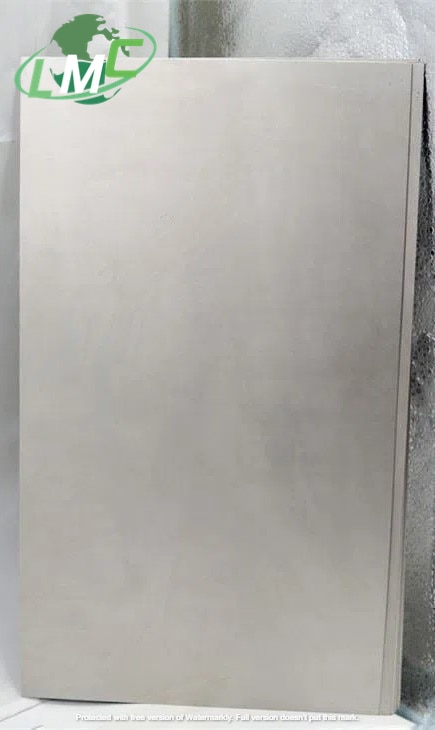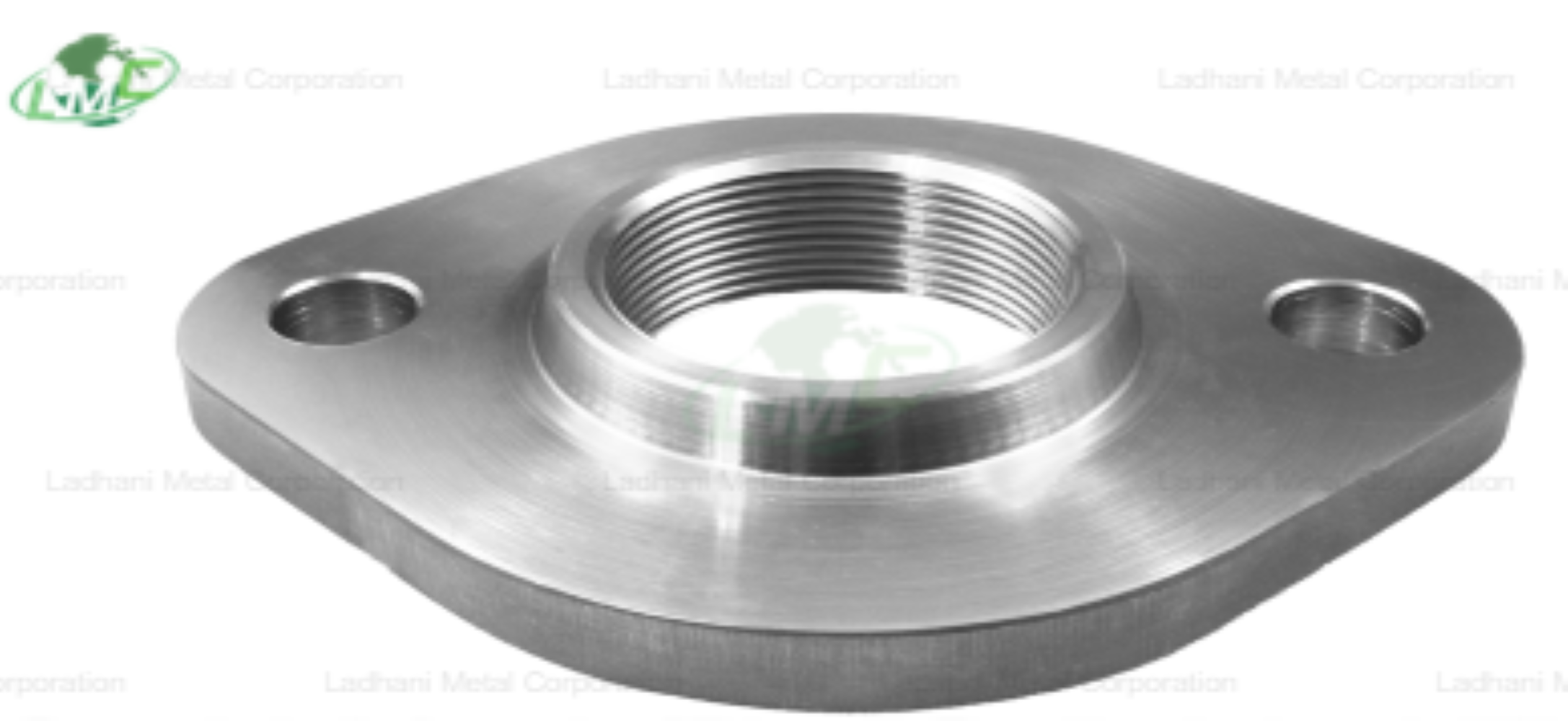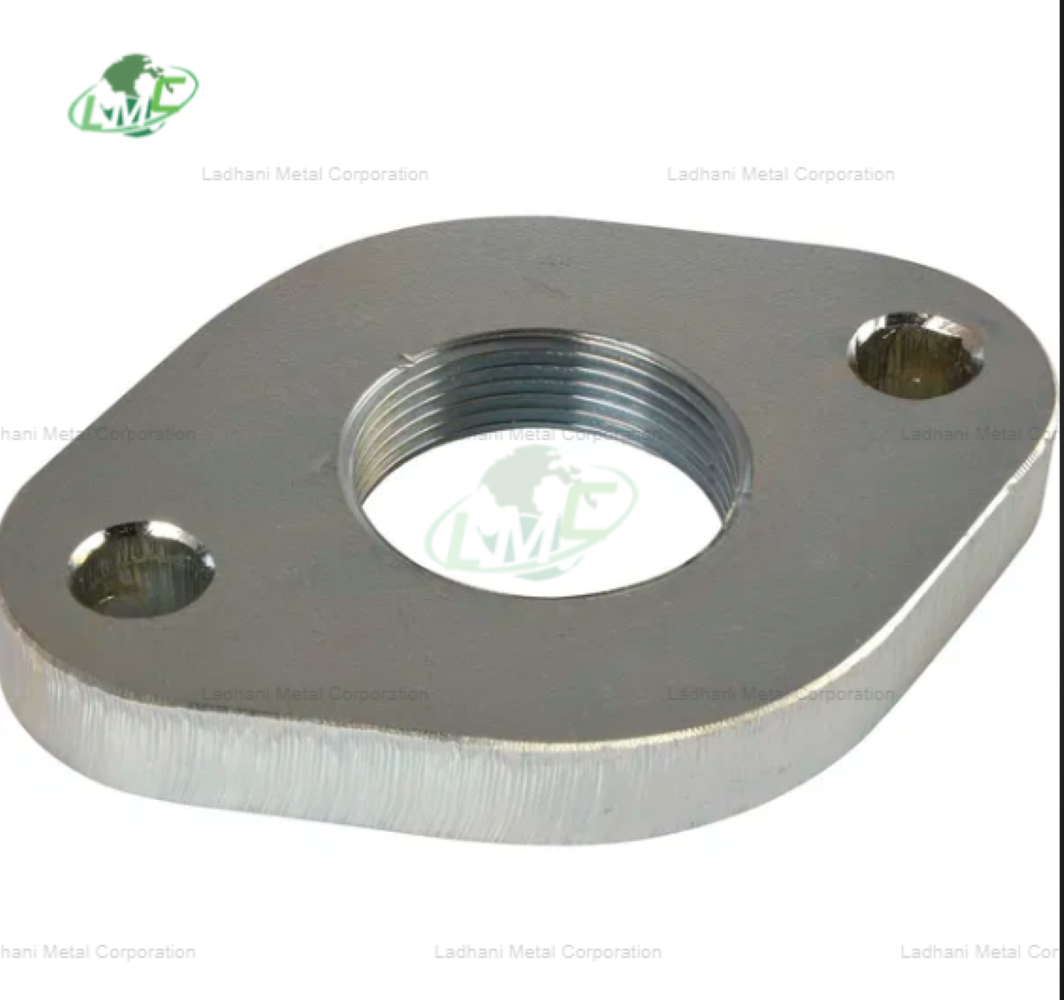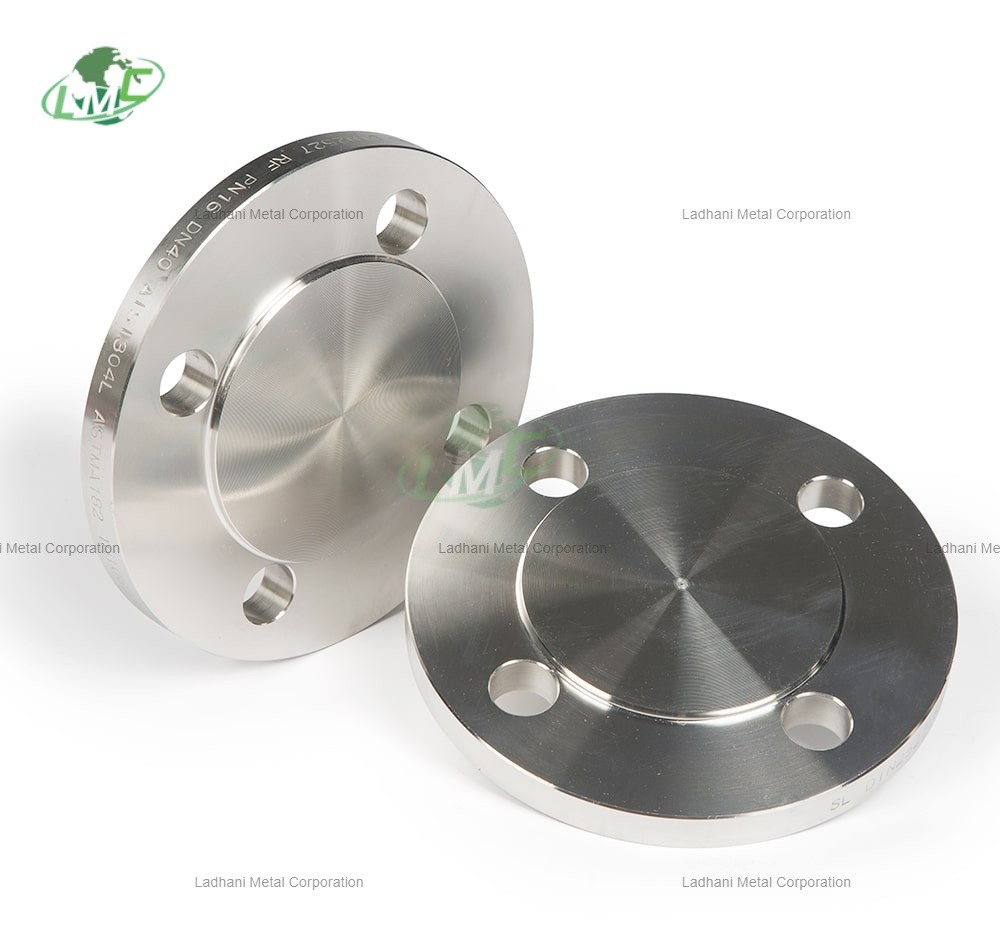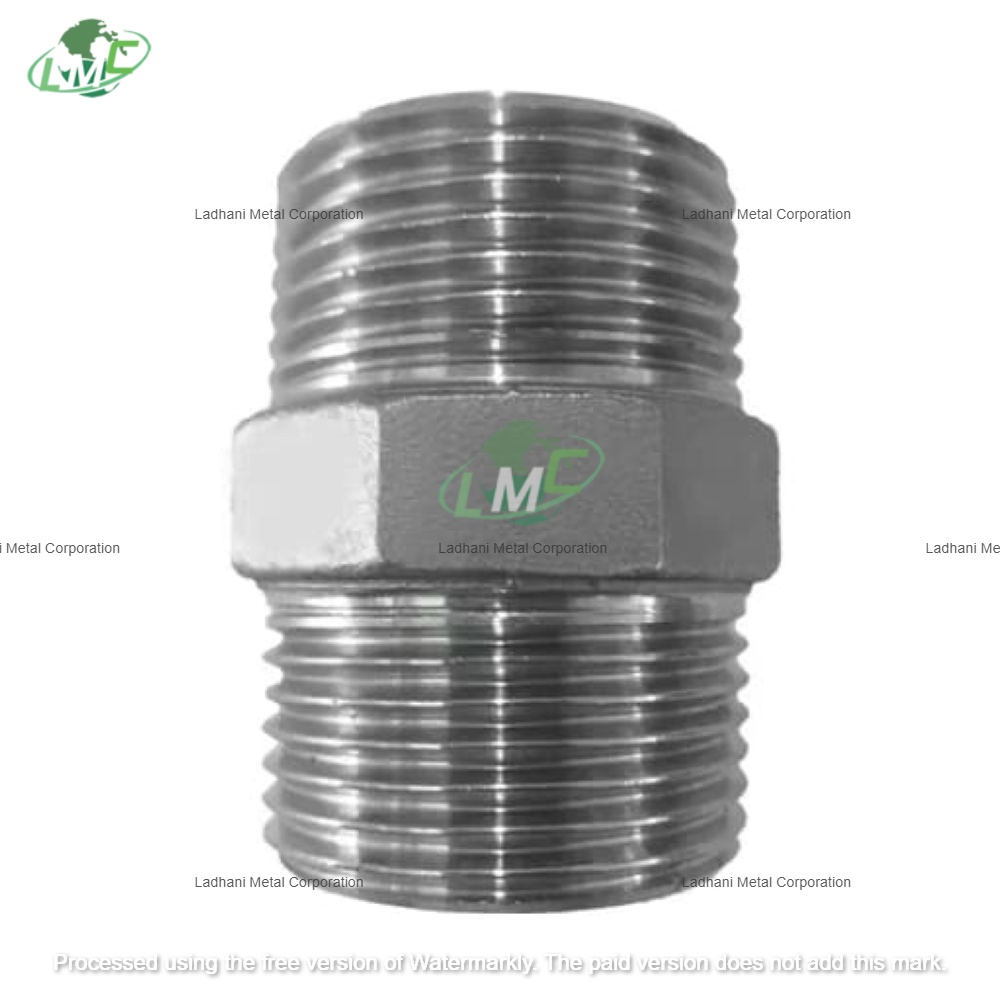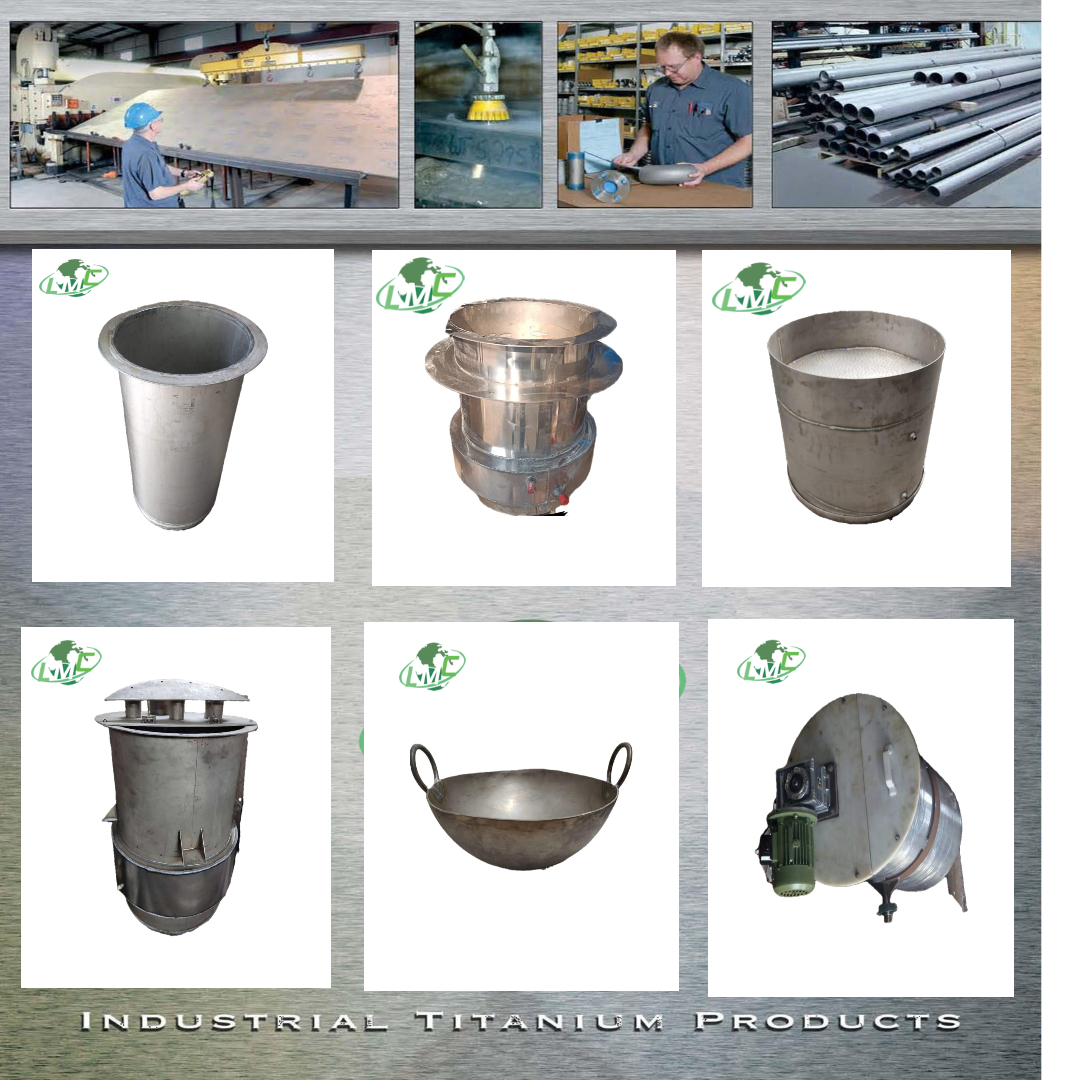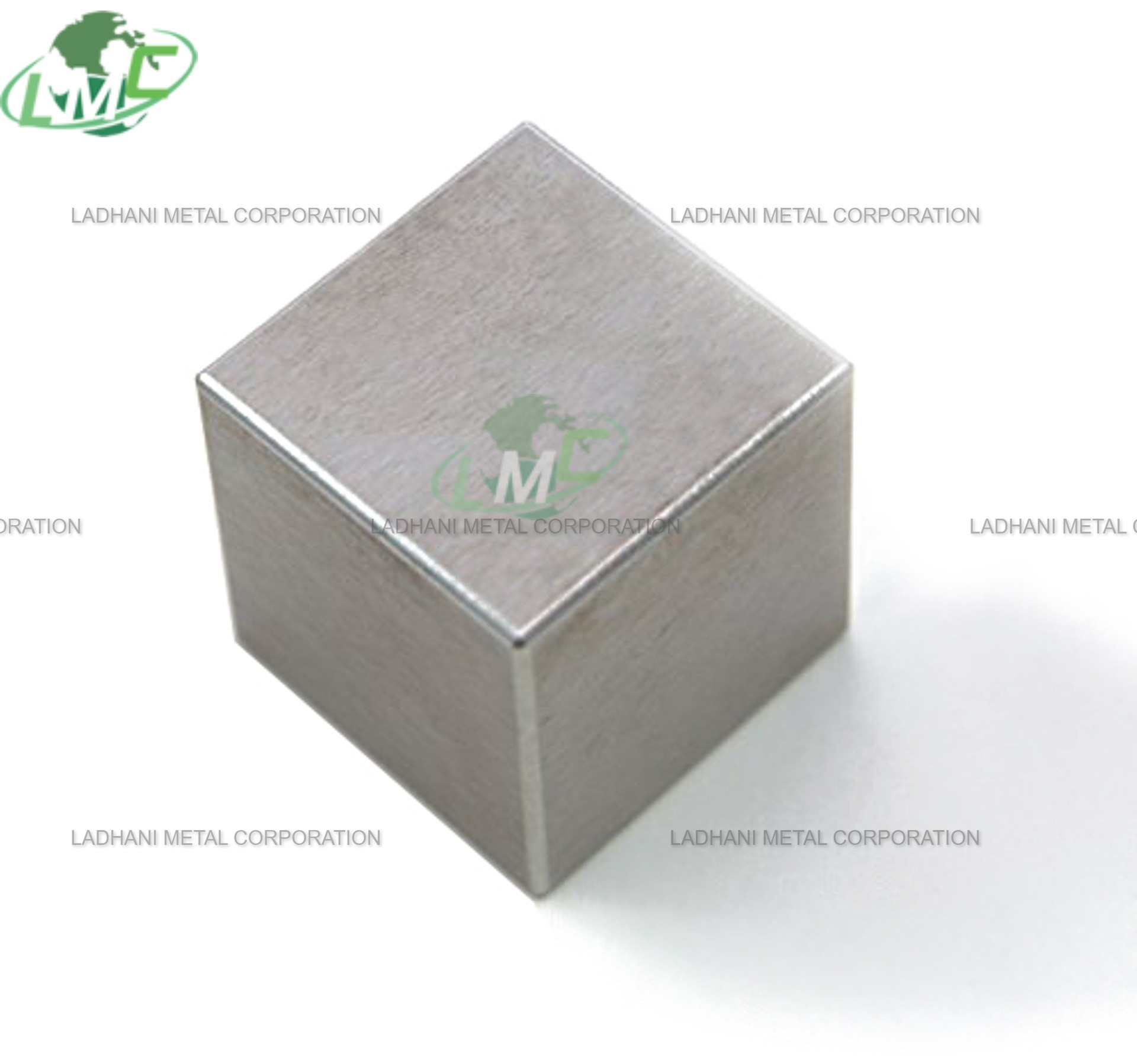A pure tungsten tube is a hollow cylindrical shape made from 100% tungsten metal, known for its exceptional physical properties, including high strength, resistance to high temperatures, and high density. These tubes are produced for specific industrial, scientific, and technological applications where extreme conditions are involved. Key Characteristics of a Pure Tungsten Tube 99.95% Pure Tungsten (W): A tungsten tube is made from pure tungsten metal, meaning it contains no significant alloys or impurities, allowing it to retain the full range of tungsten's advantageous properties. High Density:Tungsten has one of the highest densities of any metal, at 19.25 g/cm³, making tungsten tubes compact and heavy, which is beneficial in applications that require high mass in a small volume. Extremely High Melting Point: Tungsten has the highest melting point of any metal, at 3,422°C (6,192°F), which makes it ideal for high-temperature applications, such as in aerospace or certain high-performance industrial processes. Strength and Durability: Pure tungsten tubes are incredibly strong, with a high tensile strength around 1510 MPa, meaning they can endure extreme mechanical stresses without deforming or failing. Tungsten also exhibits high wear resistance, which makes the tube durable in harsh, abrasive environments. Corrosion Resistance: Tungsten is highly resistant to corrosion, oxidation, and environmental degradation, even under extreme conditions, including at high temperatures, making tungsten tubes suitable for long-term, reliable use. Applications of Pure Tungsten Tubes: Aerospace and Defense: Rocket nozzles, satellite components, and spacecraft parts benefit from tungsten tubes due to their ability to withstand extreme temperatures and mechanical stresses. Armor-piercing projectiles and military components can also be made from tungsten due to its high density and strength. High-Temperature and High-Pressure Applications: Tungsten tubes are often used in high-temperature environments like furnaces, industrial heating elements, and thermal processing chambers where metals with high melting points are required. Gas turbines and jet engines can also incorporate tungsten tubing for high-temperature stability and strength.
Send Message

